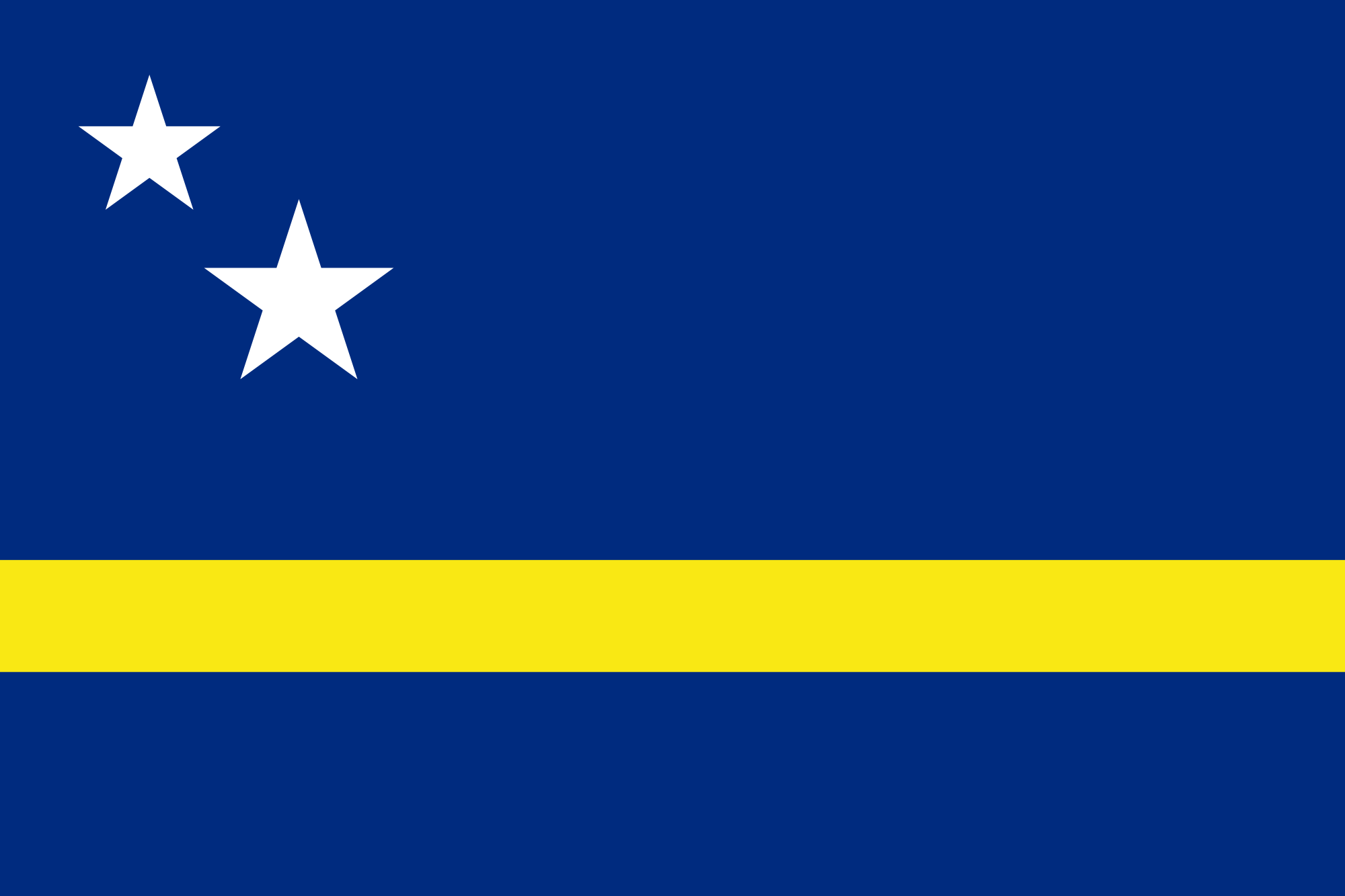Authority over child (Aruba)
A minor child may not make certain decisions himself. That is why the child is under the authority of, for example, one or both parents. Parents often get the custody automatically, but sometimes you have to apply for custody through a court procedure or through an application for custody of the custody in the custody register. The procedures are governed by civil law (civil law).
What is authority?
If you have authority over a child you are responsible for the care and upbringing of the child. You then have a maintenance obligation, which means that you have to pay the costs of care and upbringing (up to 18 years) and the costs of living and studying (from 18 to 21 years). You also manage the money of the minor. You are his / her legal representative.
Custody of the child can be arranged in 2 ways:
person has authority (single-person authority), or
persons have the authority (joint authority)
Are you a parent for the law (legal parent)?
Do you already automatically have authority according to the law? Or is it necessary to request authority? Before you can answer this question, first check whether you are a legal parent. You don't necessarily have to be the biological parent for that. Check below whether you are a father or mother - and therefore a legal parent - by law.
Are you a parent for the law (legal parent)?
Do you already automatically have authority according to the law? Or is it necessary to request authority? Before you can answer this question, first check whether you are a legal parent. You don't necessarily have to be the biological parent for that. Check below whether you are a father or mother - and therefore a legal parent - by law.
Are you the mother?
According to the law, the mother of a child is:
the woman from whom the child was born
the woman who has adopted the child
Are you the father?
According to the law, the child's father is:
the man who married the mother during the birth of the child
the man who adopted the child
the man in respect of whom paternity letters have been issued for the benefit of the child
the man who acknowledged the child
Request joint authority
Are you not married and are you the other legal parent of the child? And do you and the mother want to exercise authority together? You can arrange custody together with the mother. You can have it registered in the custody register that you want to exercise parental authority jointly. You can submit an application to the court.
The Procedure
1. Recognize child
First the father must acknowledge the child. Recognition is one of the ways to legally age.
2. 2. Conditions for applications for joint authority
The application for joint authority is only approved if the following conditions are met:
the parents make the application together
the mother has been declared of age or of age
the other parent is of age
the person who wants to gain custody of the child must be the child's legal parent
the parents are not married to each other nor have they been married to each other
the parents have never exercised joint custody of this child
neither of the parents has been placed under guardianship
neither parent suffers from a serious mental disorder that would prevent him or her from exercising authority
the authority of (one of) the parents has not been terminated (by an exemption or an expulsion)
no third person is charged with the authority (guardian)
The child's habitual residence is in Aruba
Who are parents?
"Parents" means the legal parents. These do not necessarily have to be the biological parents of a child.
3. Request joint authority
You can submit your joint request in writing to the bar of the court. You need the following documents:
An original copy or extract of the birth certificate with the later mention of the recognition of the child, certified and not older than 3 months.
Copies of the valid proof of identity of both parents.
Extracts population register from both parents.
Extracts population register child (ren)
Upon request, a stamp of Afl. 8 come
When submitting the request, Afl. 50, - are paid for the registry statement
4. Confirmation or rejection of joint authority
After you have jointly applied for joint authority and you meet all the conditions, you will receive a statement from the Authority Register within 2 weeks. From that moment on, you exercise authority over your child.
The registrar decides on the entry in the Registry Register. If the registrar believes that you do not meet all the conditions, he will not make the entry in the Registry Register. He tells you why he refuses the note. In 1 case an appeal can be made to the court, namely if the registrar refuses to make the note because he believes that 1 or both parents suffer from a mental disorder. In such a case, the court decides whether the record should still be made.
As a father, do you want joint custody but the mother does not agree with this? Then you cannot submit the request. You can, however, go to court to request that joint authority be granted.
Examples
Authority after divorce
Do you have joint custody of the children together with your partner? If you and your partner divorce, you retain joint authority. If you do not want this, you can ask the court to grant custody to 1 parent. The judge only allows this if it is in the child's best interests. The judge determines which parent will be given custody (single-headed authority). If a child is older than 12, the judge asks for the child's opinion.
If the mother / father is a minor
As a biological mother, you are generally automatically given custody of your child at birth. This is not the case if you are a minor, have been placed under guardianship or if there is a long-term mental disorder that makes it impossible to exercise authority.
In order to exercise authority over your child, you must, in principle, be 18 or older. If you are a mother of 16 or 17 years old, you can ask the court to issue a declaration of majority. He does this if it is in the interest of mother and child. If you are a mother under the age of 16, the judge will appoint a guardian. A minor father cannot apply for a declaration of majority. He can recognize the child.
Parent authority after death
If you share custody with the other parent, and 1 of you dies, the surviving parent only gets custody.
As a parent, do you only have authority? And is there another parent? If you die, the judge will decide whether the other parent or someone else will be given custody. Think of someone else, for example your parents or partner (non-parent) if you have this.
If you and the other parent die, the judge will determine who will become the guardian (non-parent with authority) of the child. If your will states who is to be the guardian, then guardianship begins at the time when, after the death of this parent, he declares his willingness to accept guardianship.




